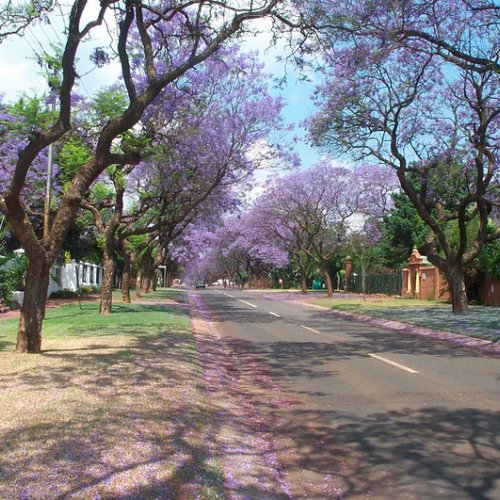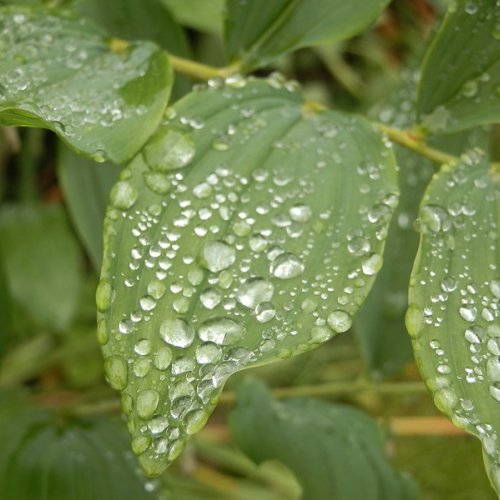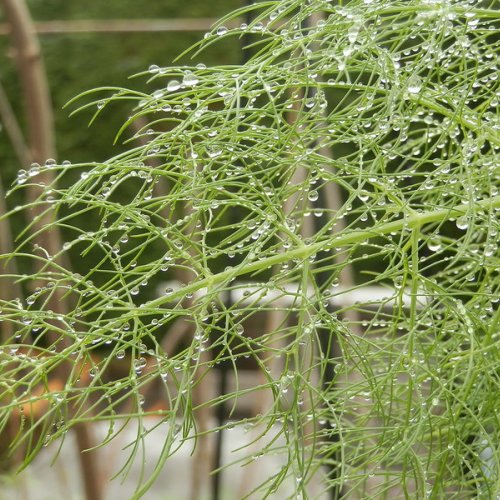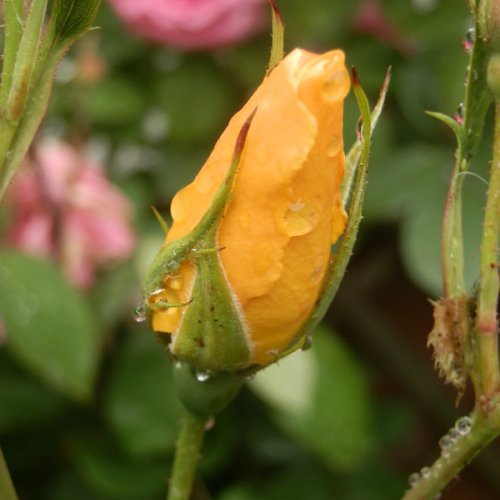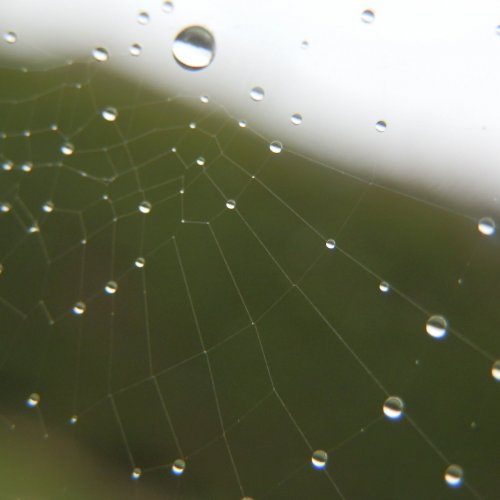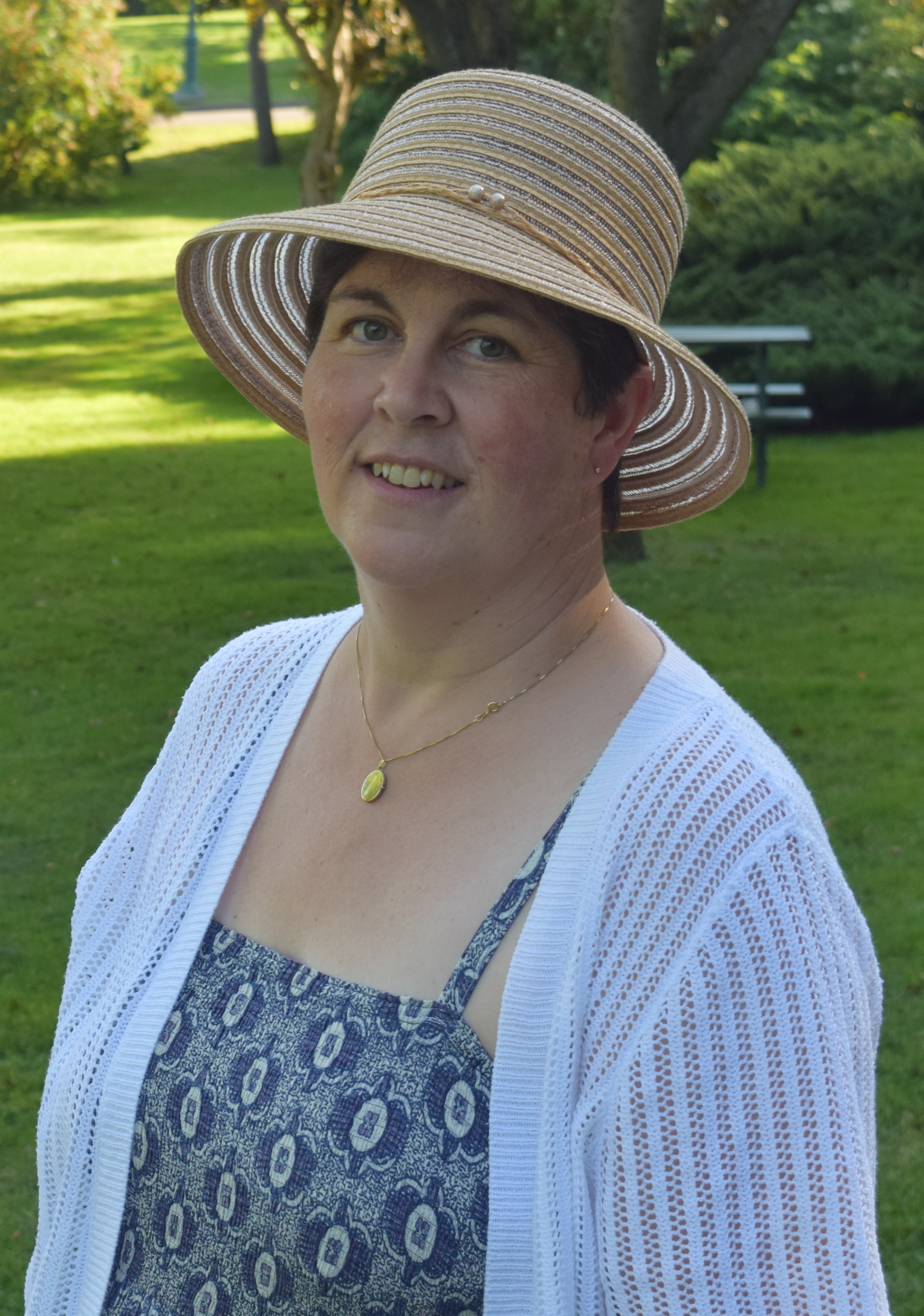Waking to the sound of rain dripping through our bathroom ceiling at 2am was not a great start to the day. Things got worse as I lay in bed, listening to the beating of an ocean of raindrops against the bedroom windows and wondering when sleep would return, whether my roses would survive the storm and why I hadn’t put a cover on the new patio umbrella.
Strangely, the day got better once I finally emerged from our leaky ark into the deluge. I have always loved being out in the summer rain and feeling it run down my face, or lying under canvas, hearing its pitter-patter above my head. As a child my mother, faced with a rainy afternoon and four fractious children, would often send us for our wellies and macs. We’d all head out to splash in the puddles and walk for miles. On one memorable holiday, in the west of Scotland, we ate wild strawberries from the verges as the rain dripped into our eyes and off our noses.
Later, as a mother myself, my love of rain deepened during a sojourn in Pretoria, South Africa, which has something of an all-or-nothing approach to rain. In summer it pours from the guttering and swirls along the streets in great cataracts, while in winter, up on the high veldt, we could go for months with no rain at all. As the ground dried out, the dust rose and the city smog choked us, we learned not to touch the car or carport bars without leaning on them first to discharge the static electricity and avoid a nasty shock to the fingertips. The only water our our street was the mirage of what my four year old son delightfully described as jacaranda puddles.'
As the dry winter months went by we yearned for an end to the clear blue skies that our UK weather forecasters define as ‘good weather’ and woke each morning thinking ‘Damn, another fine sunny day’. The site of cumulonimbus clouds finally piling up along the skyline in October brought a deep thrill: nothing can compare to that sudden damp rush of fragrant air that precedes the first rains of the season. The Greeks know this particular joy, having coined a word for the earthy scent of rain on dry soil: petrichor. The word comes from petra, for stone and ichor, the fluid that runs in the veins of the gods. How better can we think of rain than as a divine life force?
In the UK we are blessed with such abundance that we forget how precious rain is, that it is the reason why our isles are so green and pleasant. Returning home from the brown and crispy vistas of the veldt I couldn’t take my eyes off the patchwork of greens below our plane as we circled into Heathrow. As we drove north along the A1, the December verges were still verdant, the bare tree branches green with moss and algae.
So here I am today, clad in waterproofs, with my hood down and hair plastered to my head, revelling in the sound of rain rushing into my achingly empty water butts. I’m singing softly to myself a rain invocation recorded by the South African group Ladysmith Black Mambazo.
Rain, rain, rain, rain, beautiful rain,
Rain, rain, rain, rain, beautiful rain
Oh come (never come)
Oh come (never come)
Oh, come to me, beautiful rain.
I fill buckets from the house butts, which are now overflowing into the flowerbeds, and carry the water to those in less abundant sites, on the greenhouse and shed. Each bucket sloshes and gurgles as I pour it in and I am five years old again, splashing in puddles. All the 'sensible' people are sheltering indoors, but I can think of nothing better to do on this glorious morning than hoard this precious resource for the coming summer months.
Notice how often weather forecasters and people you meet on the street frame wet or dark days as 'bad'. Do you have to feel down because they do? There's always a way to find small joys in ordinary, or even difficult days.
